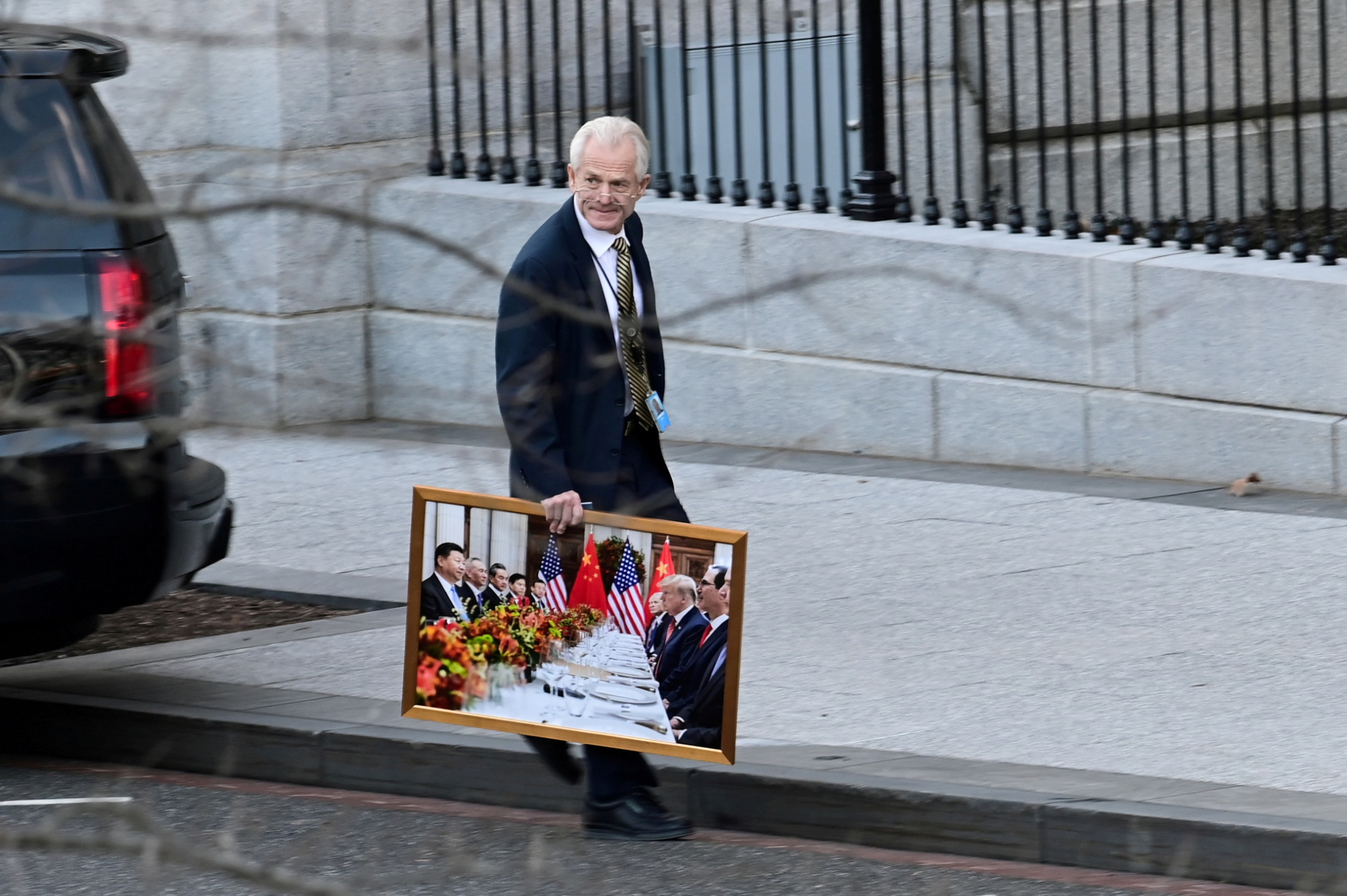Beijing places sanctions on Trump administration officials
The Chinese Foreign Ministry announced sanctions on 28 Trump administration officials today, a clear sign that Beijing is not interested in a reset with the new U.S. government.

As the inauguration for Joe Biden and Kamala Harris was taking place today in Washington, D.C., the Chinese government announced sanctions (in English, Chinese) on “28 persons who have seriously violated China’s sovereignty and who have been mainly responsible for such U.S. moves on China-related issues.”
Ten of the sanctioned American officials were named (it’s not clear when the other names will be released):
- Mike Pompeo, former Secretary of State
- John Bolton, former national security advisor
- Steve Bannon, former Trump advisor
- Peter Navarro, former trade advisor
- Robert O’Brien, former national security advisor
- Matthew Pottinger, former deputy national security advisor and key architect of the Trump administration’s China policies
- Alex Azar, former Health and Human Services Secretary
- Kelly Craft, former U.S. Ambassador to the United Nations
- David Stilwell, Assistant Secretary of State for East Asian and Pacific Affairs
- Keith Krach, Undersecretary of State for Economic Growth, Energy and the Environment
“These individuals and their immediate family members are prohibited from entering the mainland, Hong Kong and Macao of China,” said the Foreign Ministry statement. In addition, “they and companies and institutions associated with them are also restricted from doing business with China.”
Why now?
Three recent American announcements seem to have motivated the sanctions:
Genocide designation: Yesterday, the U.S. State Department released a statement titled Determination of the Secretary of State on Atrocities in Xinjiang which accuses China of “crimes against humanity” and “genocide” of the Uyghurs.
Taiwan: Last week, Mike Pompeo announced that the U.S. executive branch, including the State Department, would no longer abide by its self-imposed restrictions on government contact with Taiwan. On Monday, the Chinese Foreign Ministry said (in English, Chinese) it would China “impose sanctions on the U.S. officials who bear major responsibilities and acted egregiously with regard to Taiwan.”
Hong Kong: Also last week, the U.S. announced sanctions “against six Hong Kong or Chinese officials it blamed for implementing a new security law in Hong Kong.”
What is the message Beijing is sending?
Including the sanctioned officials’ family members, as well as companies and institutions associated with them might give the sanctions teeth:
- Beijing is well aware of the revolving door between the public and private sectors in Washington, D.C. Former Trump administration officials and their relatives may find it much harder to get jobs in companies that have business interests in China.
- This would send a warning not only to employees of the U.S. government, but also to officials in any country that are considering moves against China.
Announcing the sanctions during the inauguration was a clear signal that Beijing is not going to get soft and cuddly with the new Biden administration. But then again, Washington is not going to get soft and cuddly with Beijing either: Biden’s nominee for Secretary of State yesterday said “he believed President Donald Trump was right in taking a tougher approach to China,” and suggested that there was a good foundation for a tough bipartisan approach.






